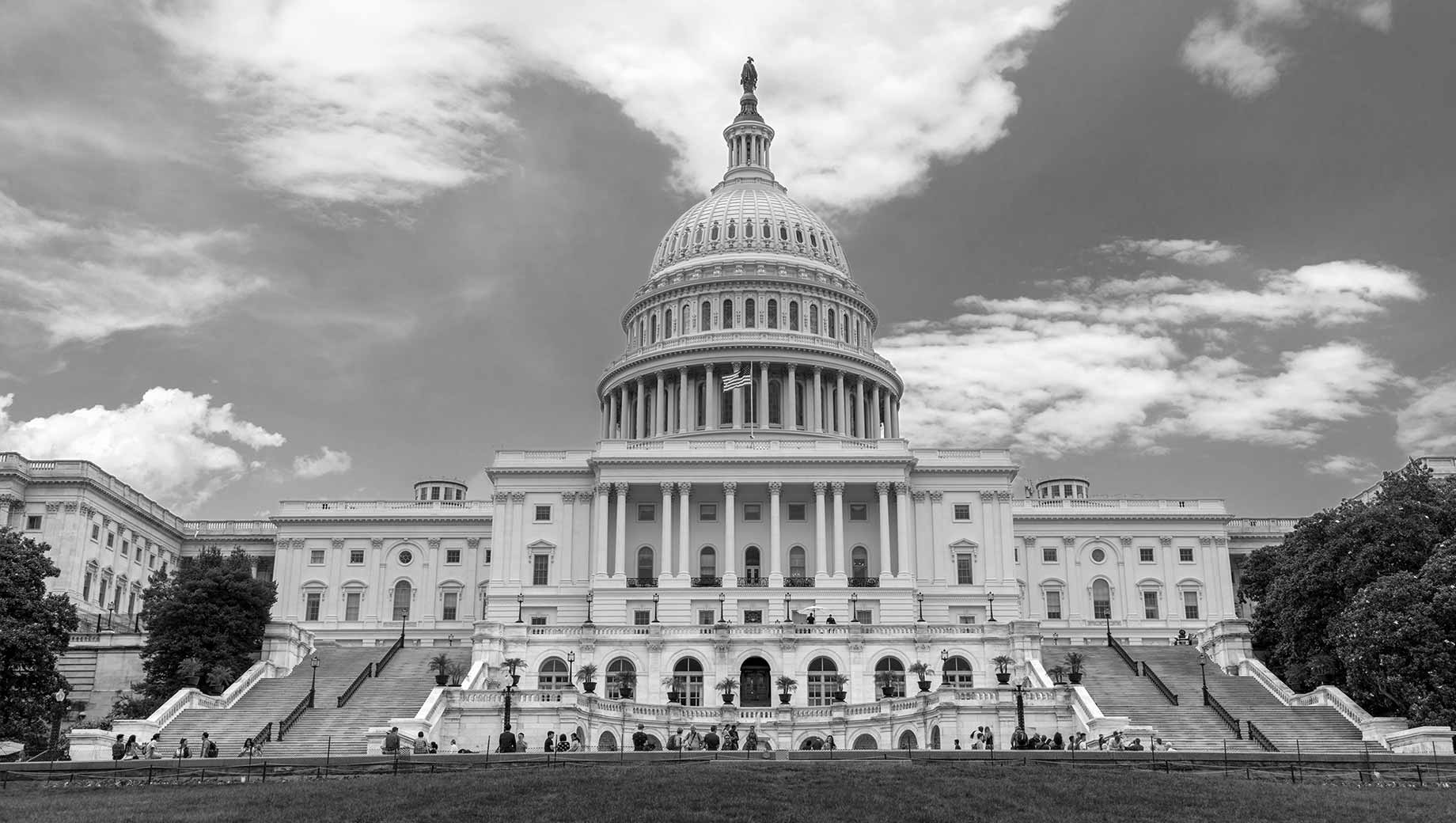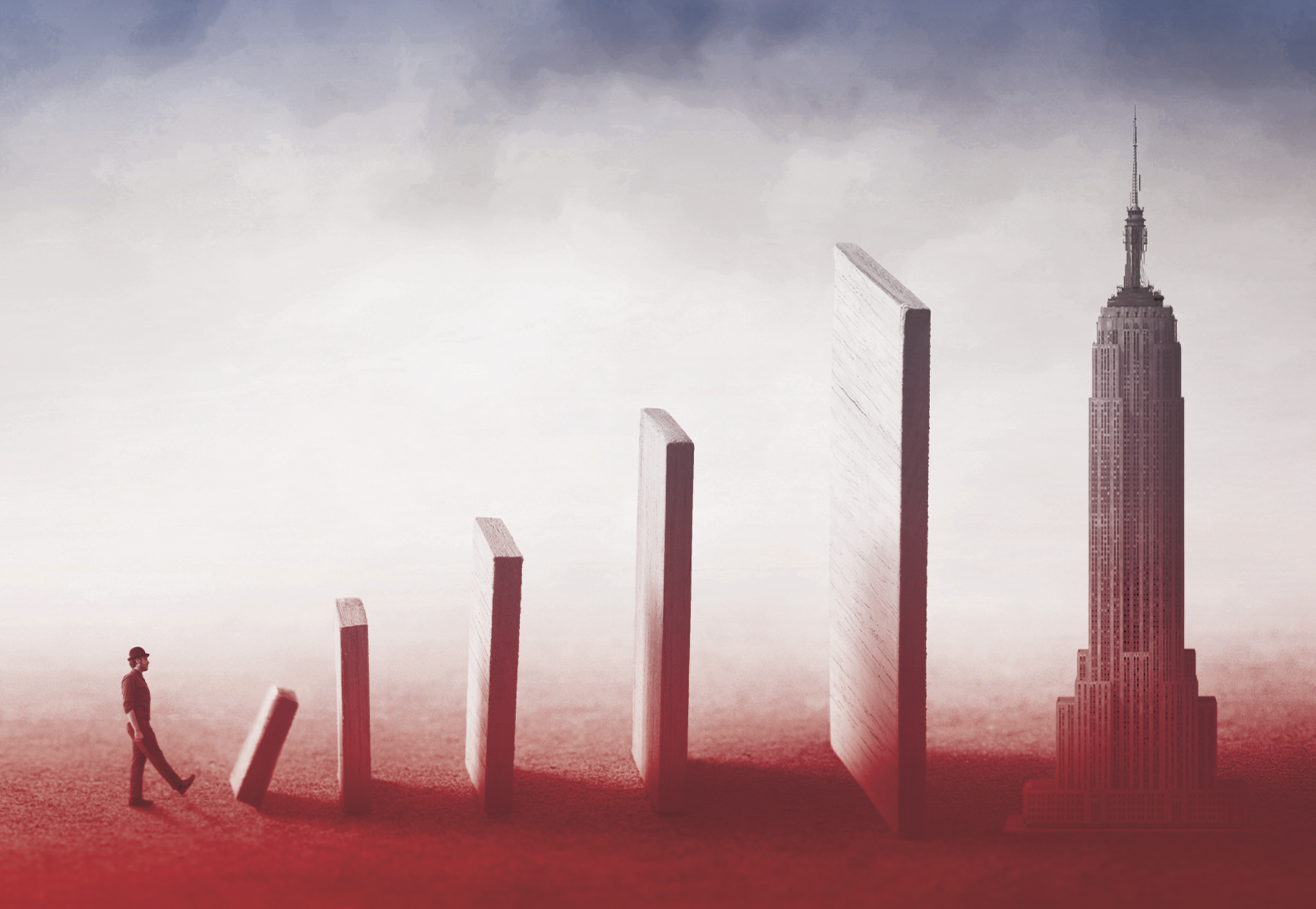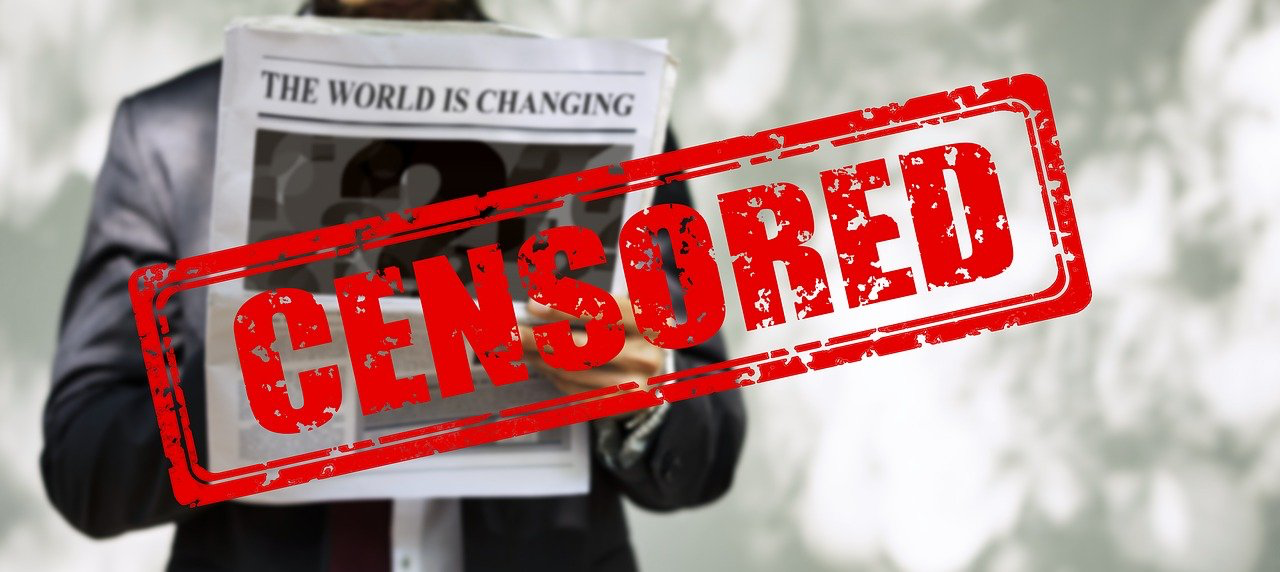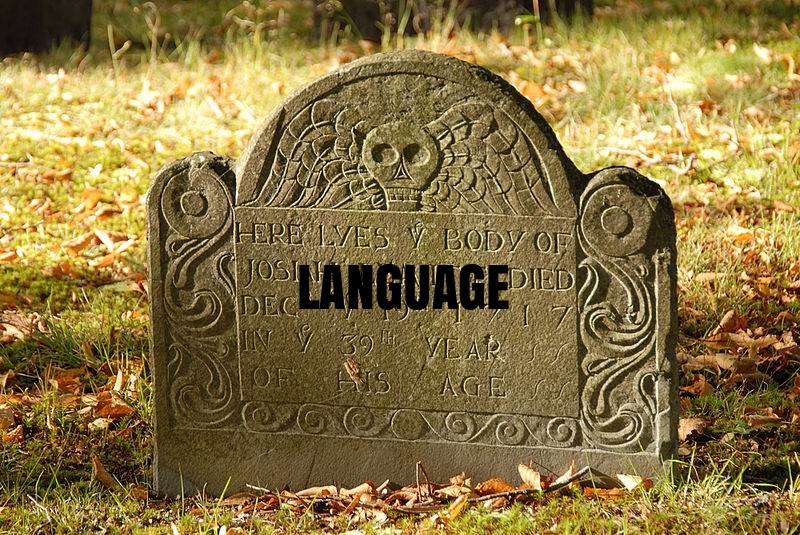I think of governance as the art of group decision making. Governance is challenging because it is operated by individuals who always have conflicts of interest with the group. A successful governance system would protect the majority from the minority and also protect the minority from the majority. Unfortunately, modern “democracies” have fallen into the trap of promoting the idea that majority rules.
Democracies are fraught with intractable problems such as rational ignorance and capture by political parties which present limited “false choices” to the people. Given the disapproval rating of congress it is obvious something is broken.
I have been thinking about ways to fix the governance process of countries, and at the same time looking for governance concepts that can be applied in other areas. In this post I present an idea whose pros and cons are not fully understood so that I can get community feedback.
The concept of representative government is that the people select people who represent their interests; however, it is impossible for people to actually engage with various politicians or to hold them accountable when one congressman “represents” millions of people.
I believe that to minimize corruption each layer of government needs to minimize the the number of people being “governed” and that layers of government need to be distinct. A small group of people can agree on a local governance structure involving a dozen people far more effectively than a large group of millions can pick a leader. The bigger the power gap between the elected leader and the individuals governed the less the government will be accountable to the people.
Proposed Election Structure
I therefore propose the following structure (of which there can be many variations):
-
Every member of society must join a “committee” of 10 people and this “committee” will choose a representative from among their members with support of at least 7 of the members.
-
The selected representative from each committee is then assigned at random to higher level committees of 10 with the other representatives. Each of these groups must choose a representative with the support of at least 7 members.
-
The process continues until there are less than 300 and you have a congress. Congress would then elect a president from among their peers.
In many ways this is like the electoral college except more heavily layered. By requiring 7/10 approval at each level it forces a small group of 10 people to negotiate and if they cannot agree by a large margin on which of the 10 of them will represent the group then they don’t get to promote an opinion to the next level.
The side effect of this process is that the media doesn’t get to choose the candidates anymore because the only people you get to vote for are people in a group small enough you can talk to them all. The system would likely work best if the initial groupings were random. This would force the “Left” and the “Right” to largely agree at the lowest levels when they promote someone to represent them at the next layer up. Failure to agree/compromise on a suitable representative means that group loses representation at the higher levels.
Under this model a 51% majority has no power over a 49% minority. Likewise, a minority of elites with money and media access is unable to limit the range of options for the population and the media would be forced to focus on the issues rather than the personalities.
It would only take about 7-8 layers of this representative selection to select a “congress” for 100 million people in the population which would potentially be immune to incumbents and the party system.
Under this model this is what would be required for someone like Trump to be elected.
Trump would be randomly assigned to a group of 10 people and he would have to convince 7 of 10 people in the group to support him. He would have to support his case based upon his ability to represent his group at the next layer up. This means he would have to indicate whether he thought he could make it all the way (with 6 groups of 10 voting 7/10 to promote him to the next level) or he would have to indicate how he would be evaluating potential candidates at the next level up.
In a randomly selected group, Trump might have some sway via his celebrity status and get promoted to the next level. However, other “celebrities”, “business leaders”, etc would be selected from the other groups. By level 3 (representing 0.1% of the population) almost everyone in the group would be very compelling and able to apply critical thinking. Each of them would have to negotiate on which in the group would best represent the group at the next level up. I suspect that these people would be less likely to promote someone polarizing like Trump.
End of Political Parties
What if by a magical decree the next US presidential election was handled by this process? How would political parties impact the result? Since the initial groups are formed by “random” they could each contain a mix spanning the full spectrum of political thought. By random chance some groups might be all Republican and others all Democrats but on average that would not be the case. No “radical” candidate could be selected because it only takes 4 of 10 to “veto” anyone they consider too radical. This means that the result of the first layer would be to filter out the most radical individuals and that in turn means that the best “compromise representative” is promoted. Every group of 10 would be making different compromises which means that by the time the first round is complete there would be nothing like a unifying political party.
Ending Incumbent Power
If every year the election process started by different random groupings, then it is incredibly unlikely that you will get the same results from the first layer. This means that all subsequent layers would then have a different outcome. It only takes a single group of 10 to end an incumbent's rise and each incumbent would have to pass through 5 to 7 such groups with increasing scrutiny and quality of competition at each level.
Ending Vote Fraud
When all votes are cast and counted in groups of 10 it seems there can be no doubt as to the fairness of the process. No voting machines are needed! No ballots or hanging chads.
Ending Mud Slinging
Most good and decent people don’t want to get into politics or run for office because they are concerned about the media which will dig up or manufacture embarrassing stories about them and everyone in their life. This means that many of our least corruptible people self-select out of the process. Under this proposed model these good and decent people could participate at a very high level and the media is never involved. There is no incentive for the media and competitors to “broadcast” everything they find because all decisions are made in groups of 10. Only those 10 people “need to know” and the parties have a chance to directly engage with each other.
Summary
As a society we need to develop new systems of group decision making that escape the pitfalls of straight voting and popularity contests. We need a system of governance that ensures that the people remain in charge and that special interests have no easy way to limit the range of options available to voters. We need something radically different because the systems we have today have proven unable to prevent the development of tyranny and endless war.
What are your thoughts? How do you think such a system would play out if it were implemented?









